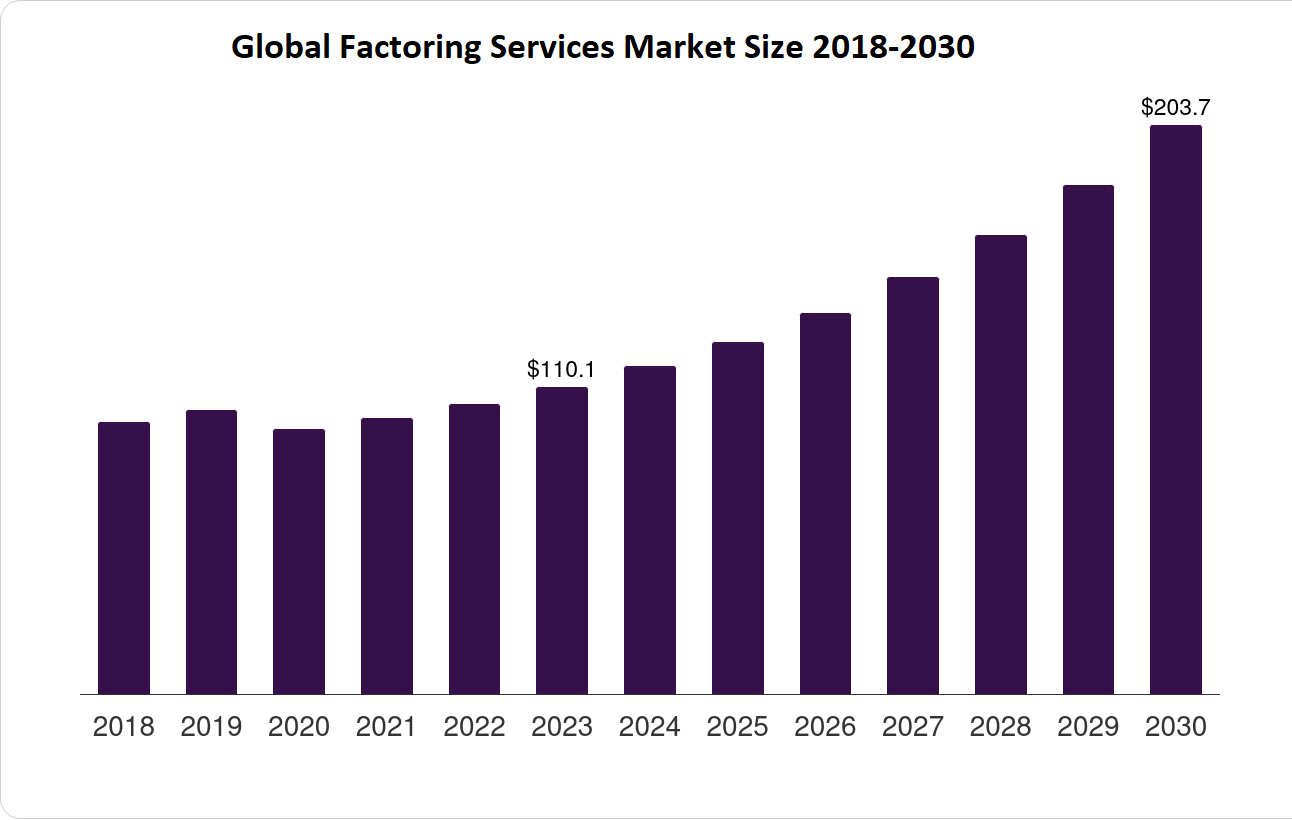Managing cash flow can often feel like a juggling act in the fast-paced construction world. Delays in client payments or unexpected expenses can leave companies scrambling to meet payroll and cover project costs. Enter factoring services—a financial solution becoming increasingly popular among construction businesses looking for stability and growth.

By converting outstanding invoices into immediate cash, these services offer a lifeline, allowing contractors to focus on what they do best: building. Let’s explore how construction factoring services work and why they might be the key to your company’s financial success.
Benefits of Factoring for Construction Companies
Factoring offers a lifeline for construction companies facing cash flow challenges. By converting invoices into immediate cash, businesses can access funds without waiting for clients to pay.
This financial boost allows contractors to cover expenses like payroll and equipment purchases. It helps maintain operations smoothly, even during slow payment periods.
Moreover, factoring services streamline the billing process. Companies can focus on projects instead of chasing payments. This efficiency enhances productivity and facilitates growth opportunities.
Another significant advantage is improved credit management. With factoring, businesses can reduce their reliance on traditional loans, which may have stringent requirements or high interest rates.
Additionally, many factoring companies specialize in the construction industry. They understand unique needs and offer tailored solutions that align with project timelines and payment cycles. This specialized support fosters long-term financial stability in a competitive market.
How Factoring Works for Construction Businesses
Factoring services offer a straightforward solution for construction businesses facing cash flow challenges. Instead of waiting weeks or months for clients to pay, companies can sell their outstanding invoices to a factoring company.
Upon submission of these invoices, the factoring firm typically advances a significant percentage—often around 80%—of the invoice total upfront. This immediate influx of cash allows contractors to cover ongoing project costs without delay.
Once clients pay the full invoice amount, the factoring company collects payment. After deducting their fees, they return the remaining balance to the construction business.
This process streamlines finances and supports better budgeting practices. It frees up resources that can be reinvested into new projects or urgent expenses, ensuring smoother operations in an industry where timely payments are crucial for success.
The Future of Factoring in the Construction Industry
The construction industry is undergoing significant changes, with technology driving efficiency and financial management improvements. As companies adapt, factoring services are evolving to meet these new demands.
Digital platforms are making it easier for construction firms to access funding quickly. Automated processes reduce paperwork and streamline the approval process. This means faster cash flow solutions without the usual delays.
Moreover, as project sizes increase, so do payment cycles. Construction factoring services can bridge the gap between completing a job and receiving payments from clients or contractors.
With an increasing focus on sustainability, some factoring companies are considering green initiatives within their financing models. This could attract eco-conscious businesses looking for responsible financial partners.
As competition heightens in the construction sector, those who leverage innovative factoring solutions will likely gain a strategic advantage.
Global Factoring Services Market Size 2018-2030
The Global Factoring Services Market Size from 2018 to 2030 has experienced notable shifts, mainly influenced by the burgeoning demand for specialized financial solutions across various sectors, including construction.

Construction factoring services have emerged as a vital lifeline for contractors and subcontractors seeking immediate cash flow to fund ongoing projects without the burden of waiting for lengthy payment cycles from clients.
These services allow businesses in the construction industry to sell their invoices at a discount in exchange for instant capital, enabling them to manage operational costs efficiently while maintaining momentum on job sites.
As infrastructure development continues to accelerate globally, fuelled by increasing urbanization and government investments, the market is anticipated to expand significantly.
This growth reflects an increase in traditional factoring and tailored offerings that address specific challenges faced within the construction sector—such as fluctuating material costs and labour shortages—ultimately fostering more excellent financial stability and project completion rates.
Conclusion: Why Every Construction Company Should Consider Factoring for Financial Stability
Every construction company, regardless of size or specialty, should explore the advantages of construction factoring services.
By converting unpaid invoices into immediate cash flow, companies can access vital funds without the long wait associated with traditional payment methods.
This proactive approach alleviates financial stress and empowers businesses to seize new growth opportunities. With the industry’s unpredictable project timelines and payment cycles, there may need to be more than just standard financing options.
Construction factoring provides a safety net during lean times while enhancing operational capabilities. It allows contractors to pay their workers promptly, invest in quality materials quickly, and maintain strong relationships with subcontractors.
Moreover, as technology continues to evolve within the construction sector—whether through advanced management software or innovative building techniques—the demand for flexible financial solutions like factoring will likely increase. Companies that adapt early will position themselves firmly against competitors who hesitate.
Embracing construction factoring services is more than just a financial decision; it’s about building a resilient future for your business. As you navigate challenges and aim for expansion, consider how this option could be pivotal in ensuring lasting stability and success in an ever-changing market landscape.


